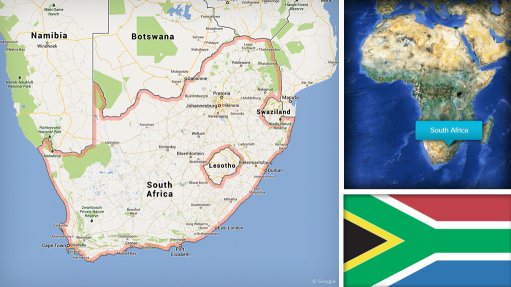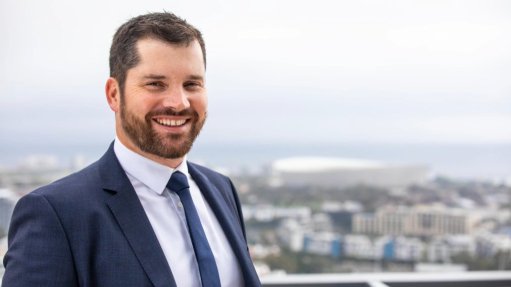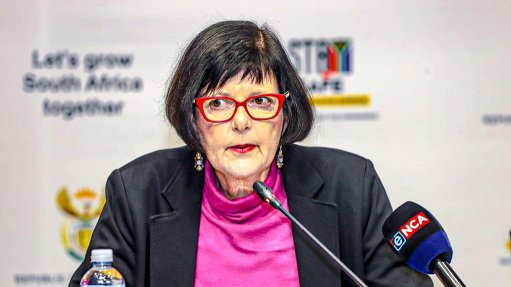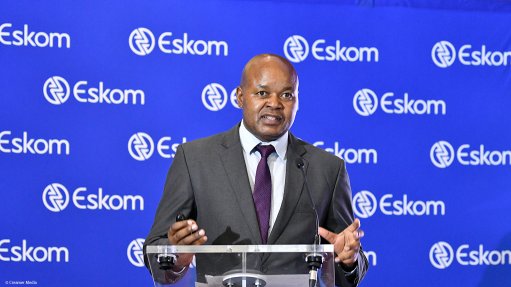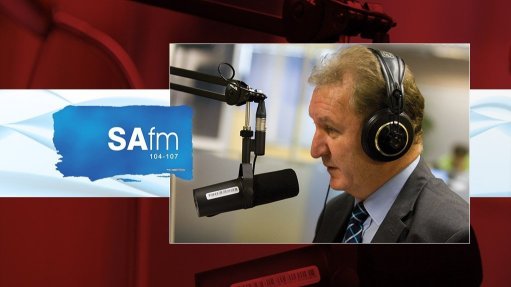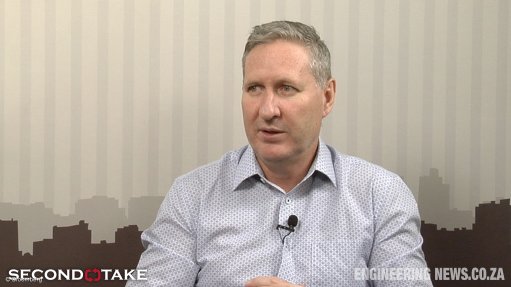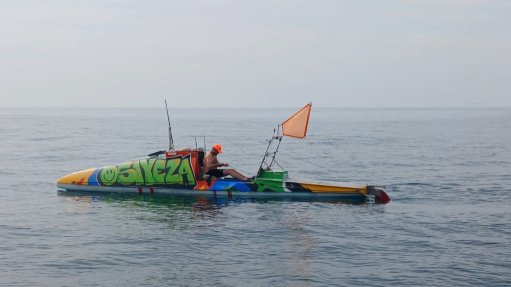South Africa must commit to, accelerate reforms to achieve growth – BLSA
Last week’s ‘World Economic Outlook’ (WEO) published by the International Monetary Fund (IMF) was a reminder of how far South Africa is from the kind of economic performance it should be achieving as a country, Business Leadership South Africa (BLSA) CEO Busiswe Mavuso writes in her latest weekly newsletter.
The WEO showed that the IMF is expecting South Africa to grow only 0.9% this year, rising to a still low 1.2% in 2025, she informs.
“But what really puts that performance into context is the expectations for global growth, with the IMF forecasting 3.2% both this year and next. Sub-Saharan Africa will perform even better, delivering 3.8% this year and 4% next year.
“If you exclude South Africa and Nigeria, the two biggest economies, regional growth will be 4.5% and 5.1%,” Mavuso points out.
She posits that the IMF’s forecasts reflect the many headwinds facing the South African economy, with the logistics crisis constraining the country’s ability to get its output to global markets, while ongoing electricity shortages and wider infrastructure failures are also of concern.
“It is also is concerned about electoral uncertainties which could affect reform momentum. But it also acknowledges that reforms are having a positive impact, particularly in solving the energy challenges.
“The trouble is that the gap between reforms and changes to economic output can be significant – it takes time for production to respond to the opportunities that reform enables,” Mavuso explains.
She highlights that BLSA is working to support momentum for structural reform.
“Many of our challenges, from logistics and energy to local service delivery, depend on infrastructure. We support the National Energy Crisis Committee and the National Logistics Crisis Committee, among other interventions, by mobilising resources and funding to ensure their success.
“But there is a huge and urgent need to mobilise investment, from building out the electricity grid to local water treatment plants. City-level infrastructure is also a huge challenge, to ensure delivery of basic services like water and local roads.
“Government’s fiscal position means it cannot open the spending taps itself, while the State-owned enterprises also have balance sheet constraints that mean they cannot raise the debt to invest either,” Mavuso elaborates.
According to her, the only option is for the private sector to partner with the State in a way that can mobilise private investment.
In this vein, she highlights the National Treasury’s efforts earlier this month to engage the private sector and others regarding reforms it is making to regulations regarding public-private partnerships (PPPs).
“The reforms, which have been a long time coming, will simplify the bureaucracy around developing PPPs, particularly smaller ones. They also make it easier for the state to entertain unsolicited PPPs. That enables the private sector to develop concepts and proposals that we can take to government for partnerships that will solve some of the challenges we face,” Mavuso avers.
She mentions that while there has been a major push for infrastructure over the last five years, with the creation of Infrastructure South Africa and the Infrastructure Fund, these have not yet resulted in the desired infrastructure investment.
“Part of the solution is surely decentralising – enabling businesses and local governments to work together to solve local challenges. The PPP reforms can enable this, but it will still take considerable political will and support from national government to enable all parts of government to embrace PPPs as an important solution to the infrastructure challenges we face,” Mavuso suggests.
She mentions one of the political challenges of reform being that results can take years to emerge.
“Indeed, the electricity reforms of a year ago will only result in the end of loadshedding in about two years’ time. Logistics will take even longer to result in sustained improvements in performance through our ports and railways as regulatory change beds in and we get to actually concession out the construction and management of infrastructure.
“The performance we are seeing in other sub-Saharan African countries reflects difficult reforms that have been implemented over many years, finally culminating in notable economic results,” she states.
“It takes a great deal of maturity on all sides, putting the country first, to commit and drive reforms that will only pay off in several years. But we must make those choices now and stay steadfast in implementation if we are going to achieve a significant improvement in economic performance in the long term.
“I am confident that many of the reforms we are making are setting up that base, but they are not enough and we could go faster. BLSA is committed to doing its part,” Mavuso asserts.
Comments
Press Office
Announcements
What's On
Subscribe to improve your user experience...
Option 1 (equivalent of R125 a month):
Receive a weekly copy of Creamer Media's Engineering News & Mining Weekly magazine
(print copy for those in South Africa and e-magazine for those outside of South Africa)
Receive daily email newsletters
Access to full search results
Access archive of magazine back copies
Access to Projects in Progress
Access to ONE Research Report of your choice in PDF format
Option 2 (equivalent of R375 a month):
All benefits from Option 1
PLUS
Access to Creamer Media's Research Channel Africa for ALL Research Reports, in PDF format, on various industrial and mining sectors
including Electricity; Water; Energy Transition; Hydrogen; Roads, Rail and Ports; Coal; Gold; Platinum; Battery Metals; etc.
Already a subscriber?
Forgotten your password?
Receive weekly copy of Creamer Media's Engineering News & Mining Weekly magazine (print copy for those in South Africa and e-magazine for those outside of South Africa)
➕
Recieve daily email newsletters
➕
Access to full search results
➕
Access archive of magazine back copies
➕
Access to Projects in Progress
➕
Access to ONE Research Report of your choice in PDF format
RESEARCH CHANNEL AFRICA
R4500 (equivalent of R375 a month)
SUBSCRIBEAll benefits from Option 1
➕
Access to Creamer Media's Research Channel Africa for ALL Research Reports on various industrial and mining sectors, in PDF format, including on:
Electricity
➕
Water
➕
Energy Transition
➕
Hydrogen
➕
Roads, Rail and Ports
➕
Coal
➕
Gold
➕
Platinum
➕
Battery Metals
➕
etc.
Receive all benefits from Option 1 or Option 2 delivered to numerous people at your company
➕
Multiple User names and Passwords for simultaneous log-ins
➕
Intranet integration access to all in your organisation










